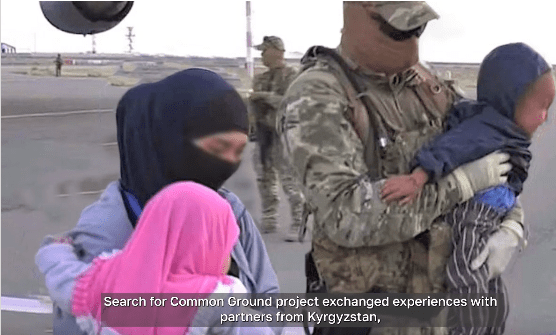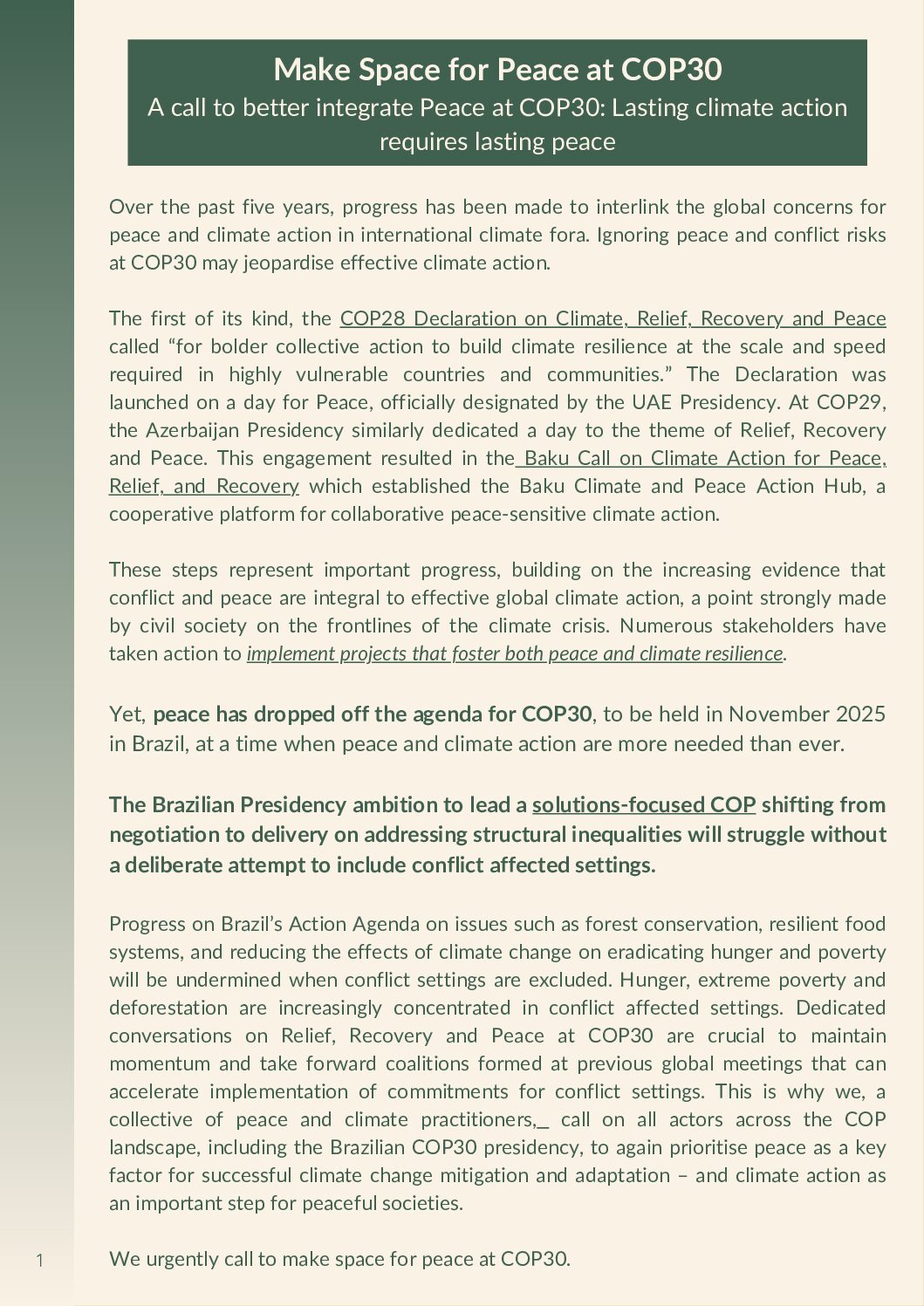
Search for Common Ground implemented Prevention of Violent Extremism in Central Asian Countries Through Strengthening Social Cohesion Among Labor Migrants, Returnees and their Families funded by the European Union in Kazakhstan, Kyrgyzstan, and Uzbekistan. The project was implemented in partnership with Pravo in Kazakhstan and Istiqlol Avlodi in Uzbekistan from February 2020 to June 2022 and aimed to address the key drivers of radicalisation among labor migrants and returnees in Central Asia through a set of integrated, multi-level approaches.
This project built on a large-scale study conducted by Search on Central Asian labor migrants in Russia, which identified systemic challenges that might push labor migrants towards radicalization and recruitment into violent extremism. In 2019, the Central Asia Republics started operations to return their citizens from combat zones of Syria and Iraq. In Kazakhstan and Uzbekistan five humanitarian operations had been carried out to return citizens from the zones of terrorist activity to their homeland. The issues relating to the process of returning citizens to their countries of origin was considered as a new chapter in the field of preventing violent extremism. The theme of returnees’ repatriation, rehabilitation, and reintegration was relatively new and not well understood by Central Asia government officials, academicians, and civil society. Therefore, Search’s project was a timely effort to build sustainable in-country capacities that prevented violent extremism in Central Asia.
Theory of Change
IF key community-level institutions and stakeholders collaborate around vulnerability factors of labor migrants, their families, and returnees; and IF cross-border exchanges and sharing best practices happen at the Central Asian regional level; THEN the root causes of violent extremism for these groups will be addressed, resulting in more socially cohesive communities and reintegration of returnees.
Core Objectives & Activities
The overall goal of the project was to prevent radicalisation among labor migrants and their families and reintegration and rehabilitation of returnees through supporting cross-border and regional civil society initiatives. The project aims to achieve the following three key results
- Strengthen social cohesion among labor migrants and their families, peers and at micro-community level.
- Strengthen reintegration and rehabilitation mechanisms of returnees through psycho-social support and community-welcoming initiatives.
- Improve cooperation and sharing of best practices among key state and non-state actors of four Central Asian countries around the issue of radicalisation.
Seach’s activities in support of these goals included establishing a stakeholders’ platform on safe labor migration, conducting training sessions for key state and non-state actors that are supporting labor migration and repatriation processes, and awarding mini-grants to provide psychosocial support to repatriated children and their guardians. Search also organized outreach campaigns to raise awareness and regional conferences to facilitate exchange of experiences and best practices between Kyrgyzstan, Kazakhstan, and Uzbekistan’s state and non-state actors.
Results
- Search supported the reintegration of labor migrants and returnees into their families and community by strengthening social protection services in place for them and their families. Two community assessments were conducted in Kyrgyzstan and Uzbekistan on communication and relationship patterns between labor migrants, their relatives, friends, and foremen in destination countries. Search established a stakeholders’ platform on Safe Labour Migration uniting 95 participants in Kyrgyzstan and Uzbekistan. Through the platforms, labor migrants identified structures within their communities that could help them protect their rights and support them in the readjustment of their migration project.
- Through training courses on the principles of effective social work, psycho-social support, and pre-departure orientation for labor migrants the project strengthened the knowledge and skills of 238 social workers, psychologists, self-government bodies, and civil society representatives in Kyrgyzstan, Uzbekistan, and Kazakhstan. The final evaluation found that 88 percent of the surveyed training participants also thought that the knowledge gained at the training was useful for their work and 41 percent already used this knowledge in their work with migrants and appreciated the information about regulations for crossing borders and filling in the migration cards.
“Among the new repatriates, there were children who have traveled abroad, interacted with different communities, defended themselves against violence on the battlefields, lost their loved ones, and suffered various psychological traumas. These exercises [learned at the training] helped us to approach these children.” – Participant, Kyrgyzstan
- Search organized two Central Asian regional conferences and regional practical seminars with 102 representatives of civil society, government organizations, and academia from Kyrgyzstan, Kazakhstan, Uzbekistan, and Tajikistan. These events constituted a platform to exchange lessons learned and best practices between countries in the region. Four policy briefs were developed and circulated among key stakeholders, capturing various best practices and lessons learned on rehabilitation, reintegration, de-radicalisation, and multiple aspects of labor migration. The final evaluation found that 92 percent of the participants stated that the conferences facilitated the exchange of best practices and experiences for preventing violent extremism between Central Asian countries, and 67 percent thought that the collaboration on sharing best practices for preventing violent extremism between Central Asian countries increased as a result.
- A people-to-people media campaign reached an audience of over 23,000 viewers through 14 video stories on Facebook, Instagram, Odnoklassniki, Telegram channels, and migrants’ WhatsApp groups. The videos were developed by the labor migrants themselves after training by a professional videographer. They share their experience and the challenges encountered, sharing both their achievements and failures, to build social cohesion among labor migrants and their families and communities in Uzbekistan and Kyrgyzstan.
- Search developed a roadmap for the rehabilitating and reintegrating of women and children from Iraq combat zones, contextualizing the Kyrgyz approach. The roadmap considered each stage of the rehabilitation process, including the preparatory period, the communication and collaboration strategy between different government and non-government actors. It also contained a matrix of risks together with the mitigation strategy.

